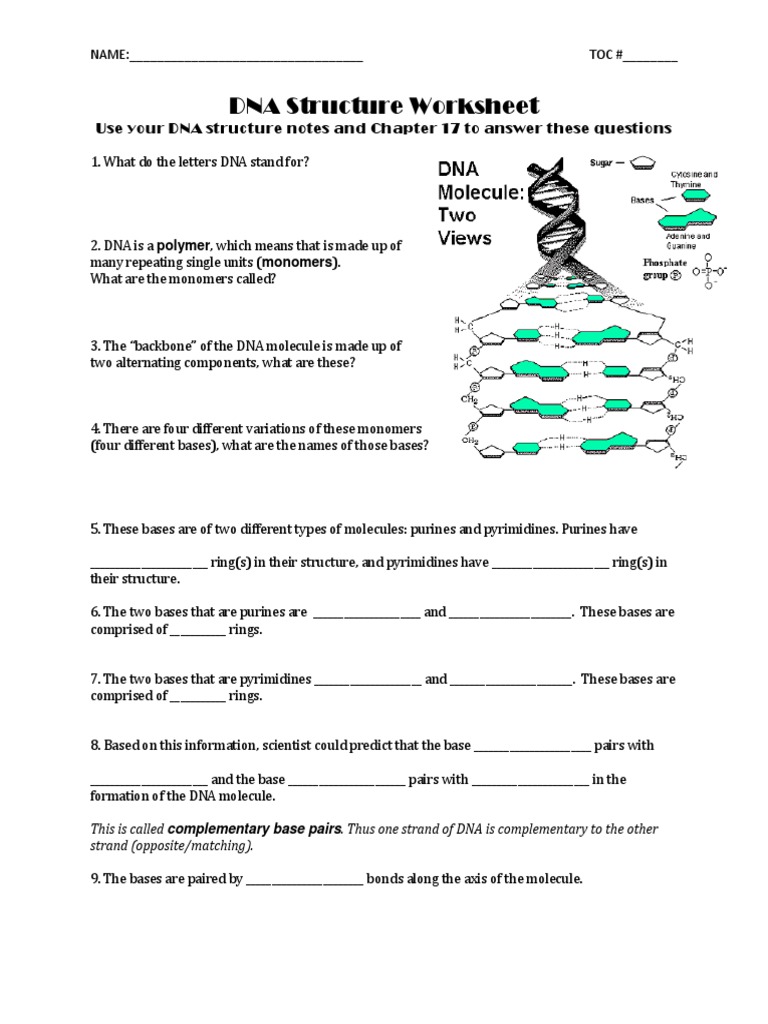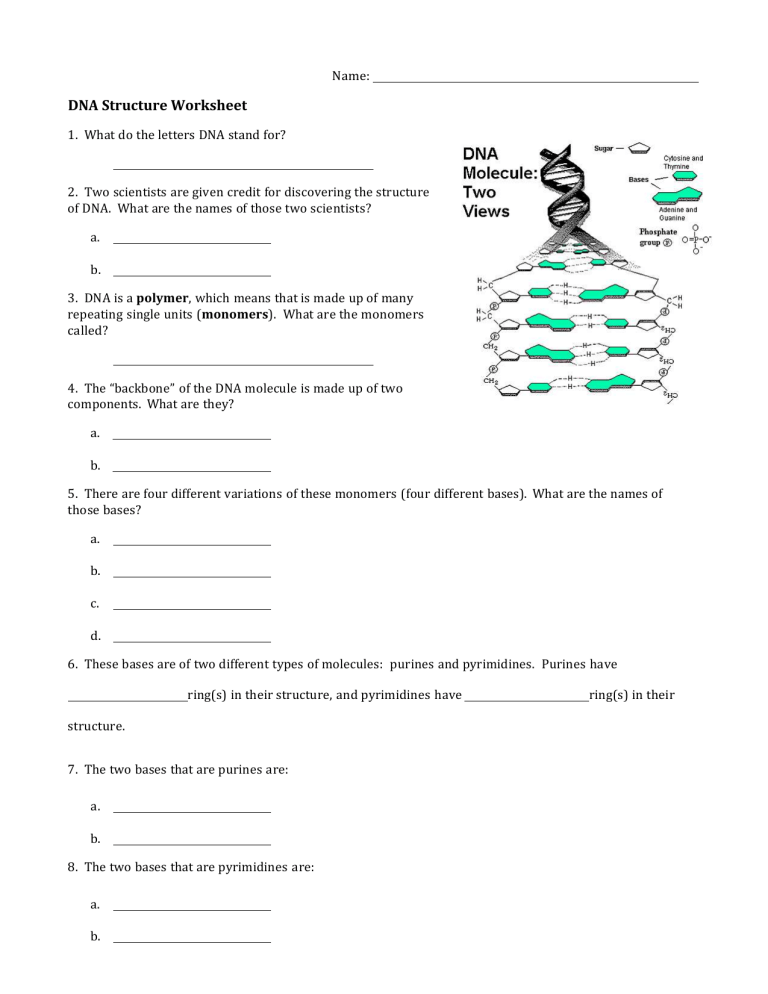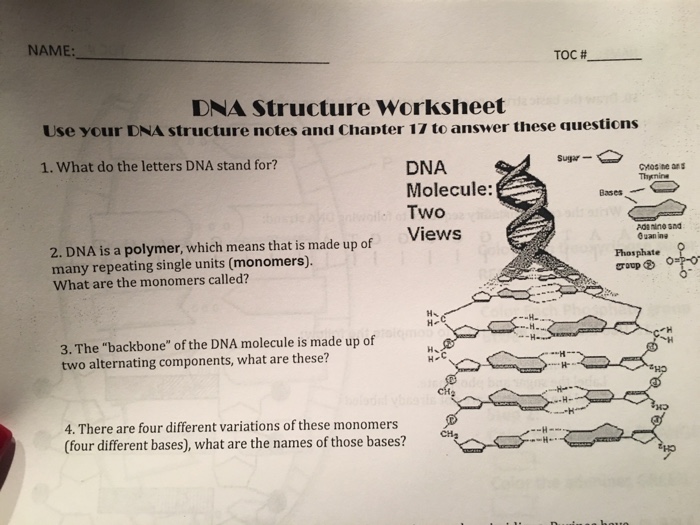What Do Letters Dna Stand For - [1] this universally accepted notation uses the roman characters g, c,. Dna can be found inside every. [1] dna) is a polymer composed of two polynucleotide chains that coil around each other to form a double helix. Web dna stands for deoxyribonucleic acid, and it's a molecule that supplies the genetic instructions that tell living creatures how to develop, live and reproduce. In any organism, every cell has the same base. Web what exactly does dna do? Remember, dna stands for deoxyribose nucleic acid and is the repository of all bacteria, plant, and animal hereditary information. Web the english language has a 26 letter alphabet. In contrast, the dna “alphabet” has only four “letters,” the four nucleotide monomers. Web the nucleic acid notation currently in use was first formalized by the international union of pure and applied chemistry (iupac) in 1970.
Web what exactly does dna do? Web dna stands for deoxyribonucleic acid, and it's a molecule that supplies the genetic instructions that tell living creatures how to develop, live and reproduce. They have short and easy to remember names: Web the english language has a 26 letter alphabet. In any organism, every cell has the same base. Web the nucleic acid notation currently in use was first formalized by the international union of pure and applied chemistry (iupac) in 1970. [1] dna) is a polymer composed of two polynucleotide chains that coil around each other to form a double helix. [1] this universally accepted notation uses the roman characters g, c,. Dna can be found inside every. Remember, dna stands for deoxyribose nucleic acid and is the repository of all bacteria, plant, and animal hereditary information.
In contrast, the dna “alphabet” has only four “letters,” the four nucleotide monomers. Remember, dna stands for deoxyribose nucleic acid and is the repository of all bacteria, plant, and animal hereditary information. [1] this universally accepted notation uses the roman characters g, c,. In any organism, every cell has the same base. Web dna stands for deoxyribonucleic acid, and it's a molecule that supplies the genetic instructions that tell living creatures how to develop, live and reproduce. Dna can be found inside every. Web what exactly does dna do? Web the english language has a 26 letter alphabet. Web the nucleic acid notation currently in use was first formalized by the international union of pure and applied chemistry (iupac) in 1970. [1] dna) is a polymer composed of two polynucleotide chains that coil around each other to form a double helix.
What Does DNA Stand For? Do You Know The Answer? Dna, Dna research
Dna can be found inside every. In any organism, every cell has the same base. Web the nucleic acid notation currently in use was first formalized by the international union of pure and applied chemistry (iupac) in 1970. Web what exactly does dna do? [1] this universally accepted notation uses the roman characters g, c,.
What Does Dna Stand For And How Do You Pronounce It What Does
They have short and easy to remember names: In contrast, the dna “alphabet” has only four “letters,” the four nucleotide monomers. [1] dna) is a polymer composed of two polynucleotide chains that coil around each other to form a double helix. In any organism, every cell has the same base. Web the nucleic acid notation currently in use was first.
what do the letters DNA stand for? Brainly.ph
In any organism, every cell has the same base. [1] this universally accepted notation uses the roman characters g, c,. In contrast, the dna “alphabet” has only four “letters,” the four nucleotide monomers. Remember, dna stands for deoxyribose nucleic acid and is the repository of all bacteria, plant, and animal hereditary information. Dna can be found inside every.
What Do The Letters Dna Stand For Thankyou Letter
Web the english language has a 26 letter alphabet. Remember, dna stands for deoxyribose nucleic acid and is the repository of all bacteria, plant, and animal hereditary information. [1] this universally accepted notation uses the roman characters g, c,. Web the nucleic acid notation currently in use was first formalized by the international union of pure and applied chemistry (iupac).
What Do The Letters Dna Stand For Thankyou Letter
Web the english language has a 26 letter alphabet. In any organism, every cell has the same base. Dna can be found inside every. [1] this universally accepted notation uses the roman characters g, c,. [1] dna) is a polymer composed of two polynucleotide chains that coil around each other to form a double helix.
What Do the Letters DNA Stand for? Free Expert Q&A bartleby
They have short and easy to remember names: [1] this universally accepted notation uses the roman characters g, c,. Web dna stands for deoxyribonucleic acid, and it's a molecule that supplies the genetic instructions that tell living creatures how to develop, live and reproduce. In any organism, every cell has the same base. Remember, dna stands for deoxyribose nucleic acid.
Fantastic What Do The Letters Dna Stand For Shirt, Hooodie, Vneck
In any organism, every cell has the same base. They have short and easy to remember names: Dna can be found inside every. [1] dna) is a polymer composed of two polynucleotide chains that coil around each other to form a double helix. In contrast, the dna “alphabet” has only four “letters,” the four nucleotide monomers.
DNA Structure Worksheet
Web the english language has a 26 letter alphabet. [1] dna) is a polymer composed of two polynucleotide chains that coil around each other to form a double helix. In contrast, the dna “alphabet” has only four “letters,” the four nucleotide monomers. [1] this universally accepted notation uses the roman characters g, c,. They have short and easy to remember.
What do the letters DNA stand for DNA is a polymer, which means tha.pdf
Remember, dna stands for deoxyribose nucleic acid and is the repository of all bacteria, plant, and animal hereditary information. In contrast, the dna “alphabet” has only four “letters,” the four nucleotide monomers. Dna can be found inside every. Web the nucleic acid notation currently in use was first formalized by the international union of pure and applied chemistry (iupac) in.
What Do The Letters Dna Stand For Thankyou Letter
In contrast, the dna “alphabet” has only four “letters,” the four nucleotide monomers. [1] dna) is a polymer composed of two polynucleotide chains that coil around each other to form a double helix. Dna can be found inside every. Web the nucleic acid notation currently in use was first formalized by the international union of pure and applied chemistry (iupac).
Dna Can Be Found Inside Every.
[1] dna) is a polymer composed of two polynucleotide chains that coil around each other to form a double helix. Web what exactly does dna do? [1] this universally accepted notation uses the roman characters g, c,. In contrast, the dna “alphabet” has only four “letters,” the four nucleotide monomers.
They Have Short And Easy To Remember Names:
Web the nucleic acid notation currently in use was first formalized by the international union of pure and applied chemistry (iupac) in 1970. Web dna stands for deoxyribonucleic acid, and it's a molecule that supplies the genetic instructions that tell living creatures how to develop, live and reproduce. In any organism, every cell has the same base. Remember, dna stands for deoxyribose nucleic acid and is the repository of all bacteria, plant, and animal hereditary information.









